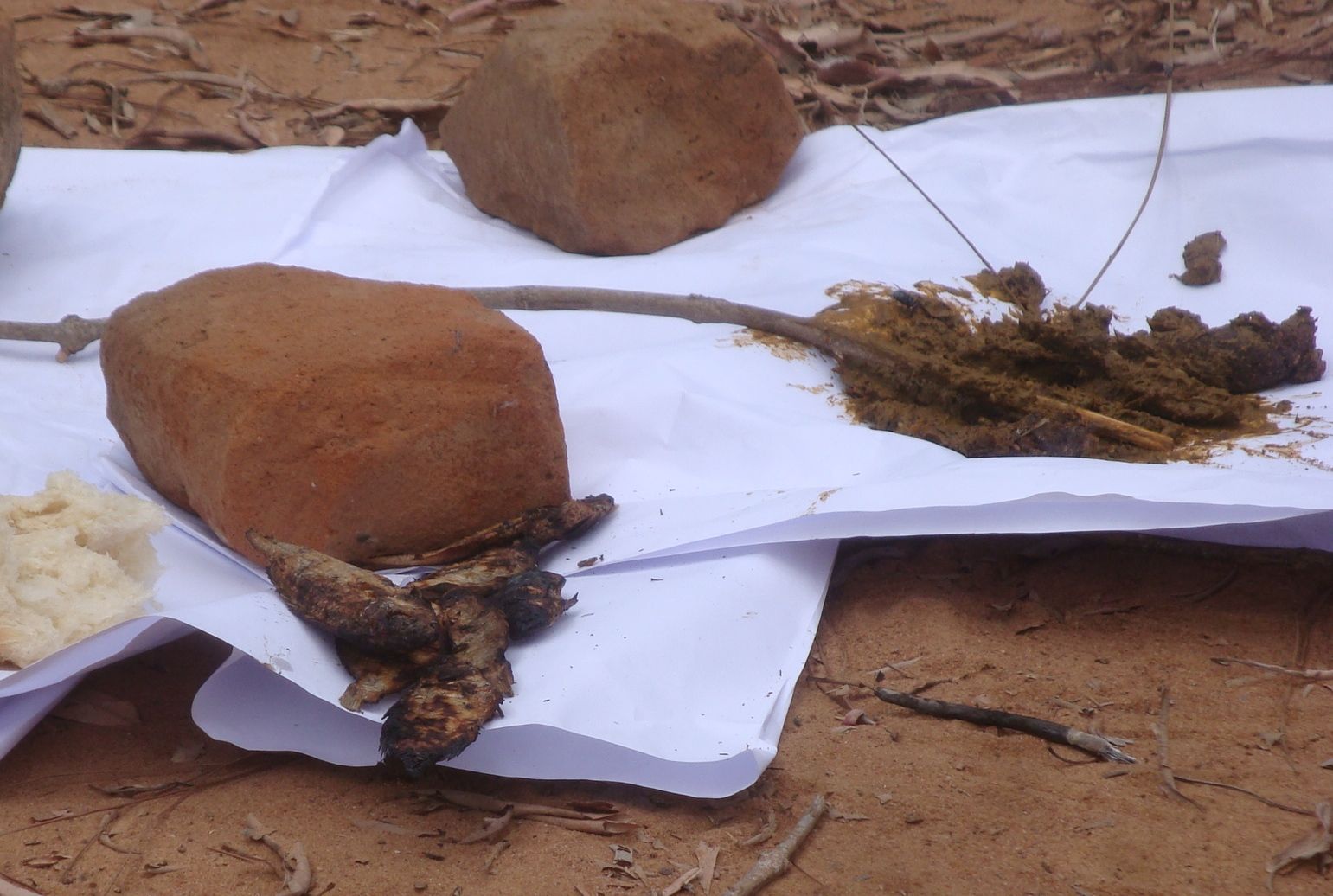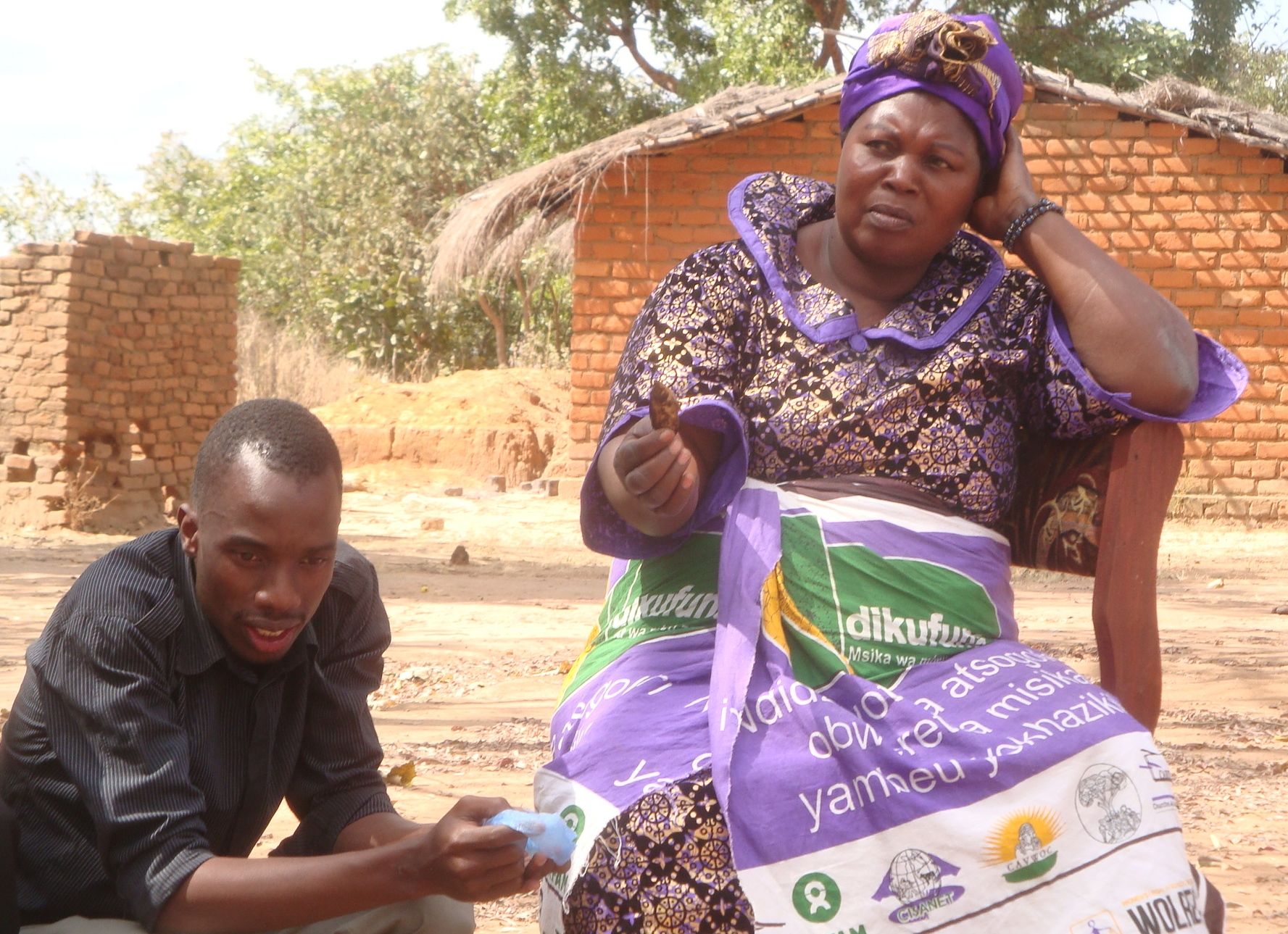Warning: This Blog might offend. Do not read further if unable to accept different cultural practices and realities.
Most rural Malawians live a life that is sometimes described as being ‘One with Nature’. For many in the villages a good household income might be $500/year. Thus for almost all, life is dictated by the seasons, food you can grow, any animals you have and most importantly your relationships with those around you. It is not an environment that stimulates or promotes individual creativity or personal initiative. Unfortunately it also means an average life expectancy of 54, with diarrhoeal diseases being in the top three causes of death. Whilst resources might be minimal, with the exception of the very poor village people are not completely deficient. However effecting cultural change is not easy, and for the most part only something that occurs by individual personal choice. As with most rural communities Malawian villagers are conservative and reluctant to change long held cultural practices. The Community Lead Total Sanitation (CLTS) program is designed to ‘trigger’ cultural change occurring within a group of people who effectively live ‘One with Nature’. The cultural change in this instance is for the village to become an ‘Open Defication Free’ (ODF) village with one latrine per household.
Thus following the hygiene promotion activities (see previous post) and a lunch of soft drink and bread, this second demonstration of the triggering process for the Group Village Headmen moved outside. Whilst the guys had been talking about hygiene inside, Fiona had asked some of the children where those in the village defecate.

Bread, fish & faeces.
The triggering process itself starts with lighting a small fire to cook a local delicacy, common in the markets; in this case some small fish. These are then laid out close to some faeces recently collected from the surrounding bush. With a facilitated discussion about hygiene and flies the fish are then offered to the participants.

First offered to the most senior person in the group, in this case the TA (Traditional Authority), she was not keen to eat the proffered snack.
After the ‘triggering’ event, the field facilitators look for the ‘natural leaders’. Natural leaders are those who suggest that the village change cultural habits, and that they should start building latrines. No finance or other incentives are provided, however one of the field facilitators suggested that a catalogue of different solutions available would be useful. It makes me think that a variation on the poster process might be appropriate. I’m also left thinking how this concept might be used for changing other long held but ultimately dangerous cultural practices. What about the dangers of hierarchical bureaucracies?

Love it!